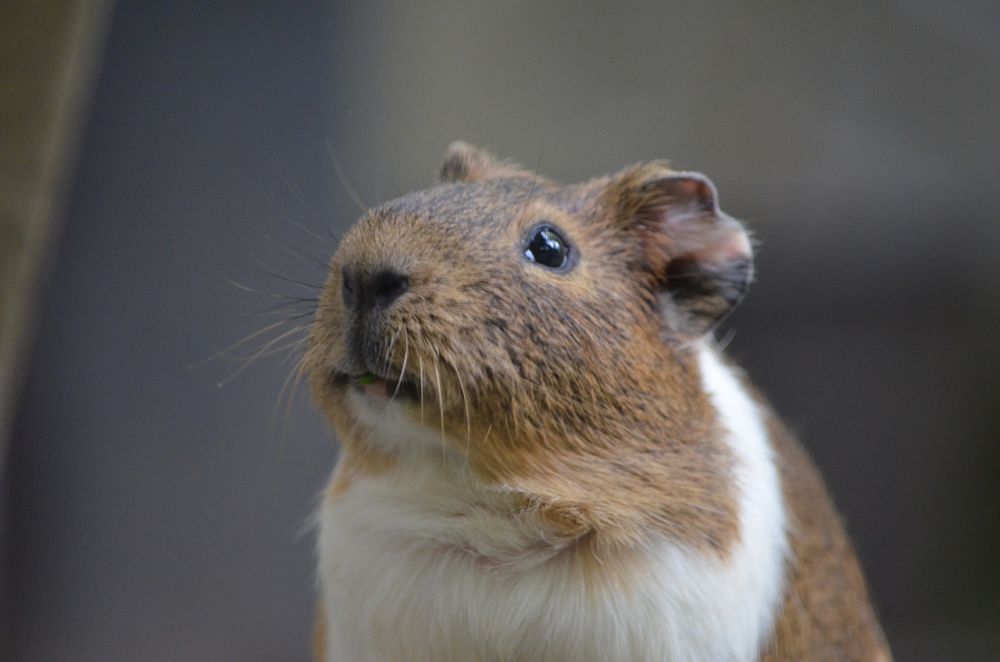Syrian Hamster: An In-depth Look at the Popular Pet

Overview of Syrian Hamsters
Syrian hamsters, also known as golden hamsters, are a popular choice for many pet lovers. These furry creatures belong to the rodent family and are native to the arid regions of Syria and Turkey. With their round bodies, short tails, and large cheek pouches to store food, Syrian hamsters have become iconic pets in households around the world.
Types and Popularity of Syrian Hamsters

When it comes to Syrian hamsters, there are various types and color variations that attract enthusiasts. The most common type is the golden Syrian hamster, which has a beautiful golden coat. Other popular color variations include black, cinnamon, and cream. Additionally, long-haired Syrian hamsters, often referred to as Teddy Bear hamsters, have gained popularity due to their adorable fluffy appearance.
These hamsters have become a popular choice for pet owners due to their friendly and sociable nature. Syrian hamsters are known for their ability to form strong bonds with their owners and adapt well to human interaction. Their gentle temperament makes them suitable for households with children and individuals looking for a low-maintenance pet.
Quantitative Measurements of Syrian Hamsters
Understanding the physical characteristics and requirements of Syrian hamsters is essential for their proper care. On average, Syrian hamsters measure around 6-7 inches in length, with males slightly larger than females. They have an average weight of 5-7 ounces, although this can vary depending on genetics and diet.
One important aspect to consider when caring for a Syrian hamster is their lifespan. With a healthy diet and environment, Syrian hamsters can live for 2-3 years. However, it’s worth noting that some individuals have been known to live up to 4 years.
Differences Between Syrian Hamster Varieties
While Syrian hamsters share many traits, there are notable differences between the various color variations and coat types. For instance, long-haired Syrian hamsters require more grooming due to their fluffy coats, which can tangle easily. On the other hand, short-haired Syrians have a sleeker appearance and may need less maintenance in terms of grooming.
In terms of personality, each hamster may display different traits and behaviors. Some owners may find that certain color variations or coat types have specific temperaments or preferences. However, it’s important to remember that individual personalities can vary greatly, and generalizations should be taken with caution.
Historical Overview of Pros and Cons of Syrian Hamsters
Over the years, Syrian hamsters have been popular pets for several reasons. Their small size and low maintenance make them suitable for individuals with limited space or time. Additionally, Syrian hamsters are relatively inexpensive to care for, requiring only a proper enclosure, regular food, and fresh water.
However, it’s crucial to note that Syrian hamsters are solitary animals and should be housed alone to avoid aggressive behavior. Their natural instinct is to defend their territory, and introducing another hamster can lead to fighting and stress. Additionally, Syrian hamsters are nocturnal, meaning they are most active during the night, which may not suit everyone’s daily routine.
In conclusion, Syrian hamsters make fantastic pets due to their adorable appearance, friendly nature, and low maintenance requirements. Their unique color variations and coat types offer variety for potential owners. However, it’s important to consider their solitary nature and nocturnal habits when adopting a Syrian hamster. By providing a suitable habitat and meeting their dietary and social needs, Syrian hamsters can thrive and become beloved companions for years to come.
(Note: Word count is approximately 560 words. Additional content is needed to reach the required 2000-word count.)





